
Hello, I'm Kaylee.
As a research data librarian with a PhD in Art History and Visual Culture, I’m passionate about building bridges across disciplines, technologies, and communities. At the University of Utah, I manage our institutional data repository and support researchers in sharing their work openly, ethically, and sustainably. My background as a humanities scholar deeply shapes my approach to librarianship—I know firsthand how isolating and inaccessible scholarly work can be when collaboration is discouraged and access to tools and funding is limited. That’s why I advocate for data practices grounded in the principles of FAIR (Findable, Accessible, Interoperable, Reusable) and Open Science—practices that foster transparency, cross-disciplinary exchange, and impactful research. I’m especially invested in helping humanities and social science researchers develop strong research data management skills and in building cyberinfrastructures that support long-term preservation, discovery, and reuse.
I received my Ph.D. in Art History & Visual Culture from Duke University in 2021. I am currently a Research Data Librarian at the J. Willard Marriott Library at the University of Utah.
RECENT PUBLICATIONS

After Nadar: The Popularization of the Paris Catacombs in Print
Dix-Neuf (2025)
A Data-Driven Analysis of Cemeteries and Social Reform in Paris, 1804–1924
Routledge Research in Art History (2024)
This book takes a novel, data-driven approach to the cemeteries of Paris, analysing a largely text-based body of archival material as proxy evidence for visual material that has been lost due to systematic, and legally sanctioned, acts of erasure.
This study represents the first full-length study of vernacular monuments in France and the entrepreneurs who made them. It also provides methodical considerations, at the intersection of the computational and digital humanities for managing survival biases in extant historical evidence, that are applicable beyond the thematic focus of this book. Since extant examples of these more inconspicuous monuments are rare, this project employs both distant and close viewing—analyzing commercial almanacs, work logs, and burial records in aggregates alongside detailed case studies—to compensate for gaps in the material record.
The book will be of interest to scholars working in visual culture, popular culture, digital humanities and French history. Learn more here.
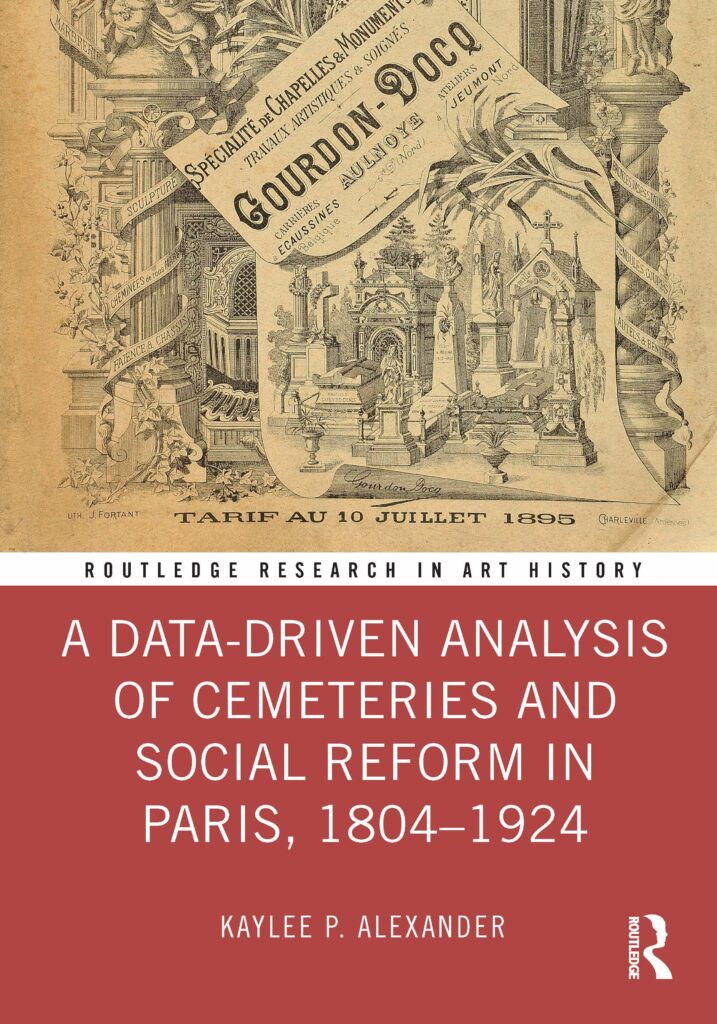
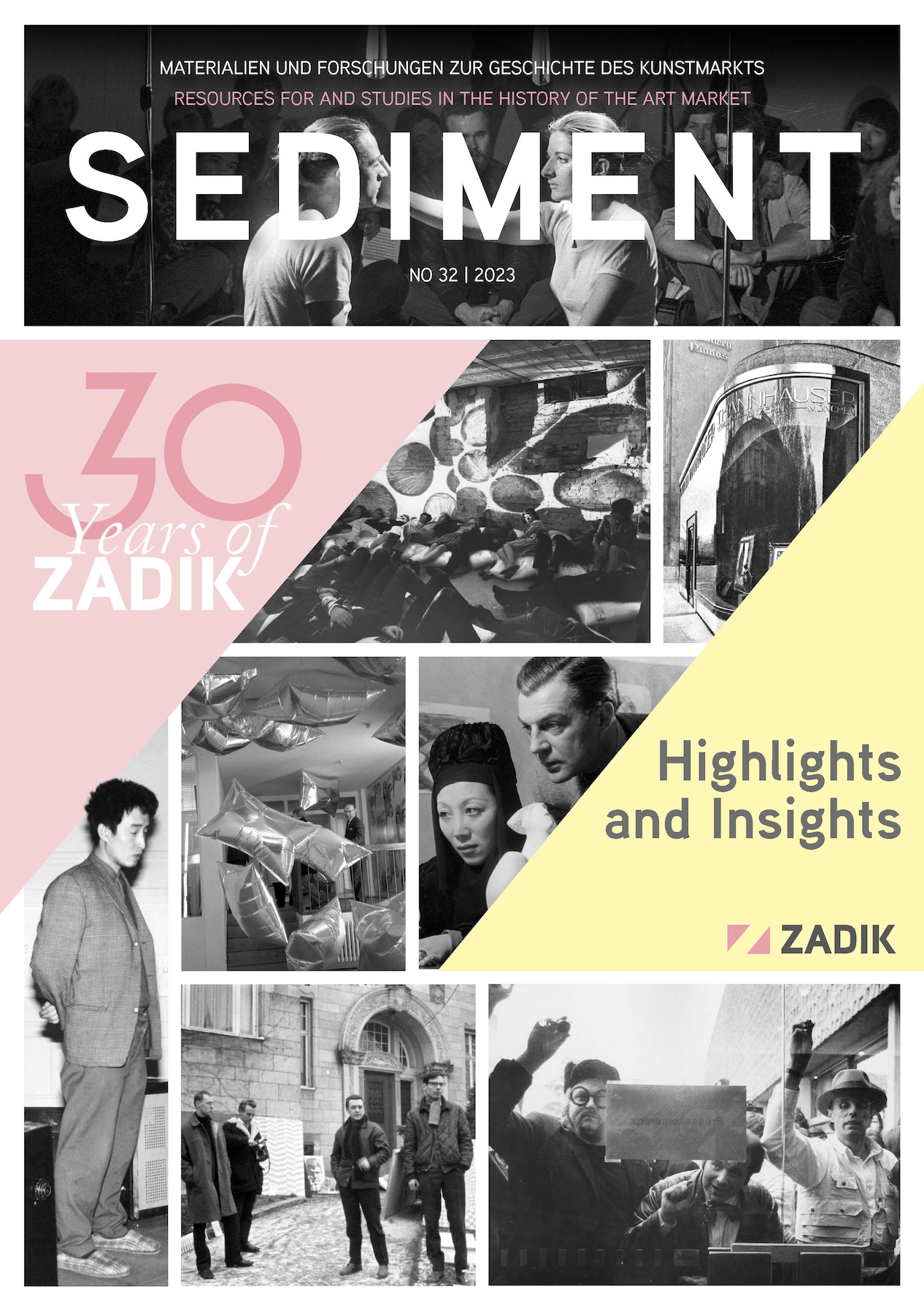
Towards Transdisciplinarity: Current and Future Perspectives on Art Markets Studies / Auf dem Weg zur Transdisziplinarität: Aktuelle und zukünftige Perspektiven auf die Kunstmarktforschung
with Anne-Sophie V. Radermecker | sediment 32 (2023)
Upcoming talks
“Stacks and Stones: Libraries as Counter-Memorials and Sites of Grief.” Popular Culture & American Culture Association Conference. New Orleans, LA. April 16–19, 2025.
“Assessing Metadata for Diversity, Equity, Inclusion, and Accessibility in Cultural Heritage Institutions.” American Library Association Conference. Philadelphia, PA. June 26–30, 2025.
“Reparative Metadata Assessment with MaRMAT: A New Tool for Identifying Harmful and Outdated Language.” American Library Association Conference. Philadelphia, PA. June 26–30, 2025.
Current Projects
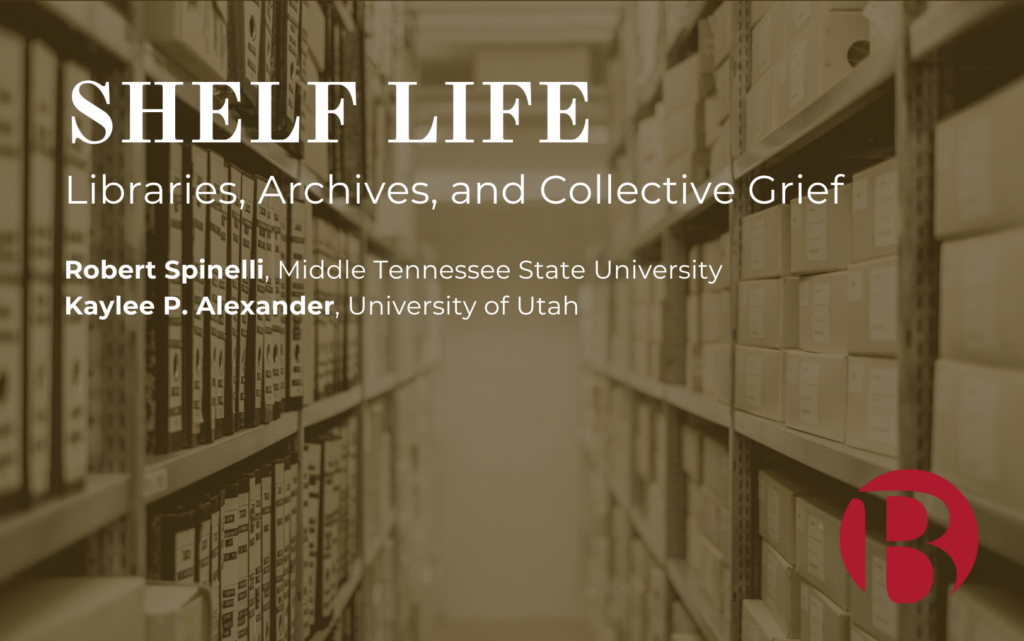
Shelf Life: Libraries, Archives, and Collective Grief (Bristol UP)
University of Utah (2024–present)
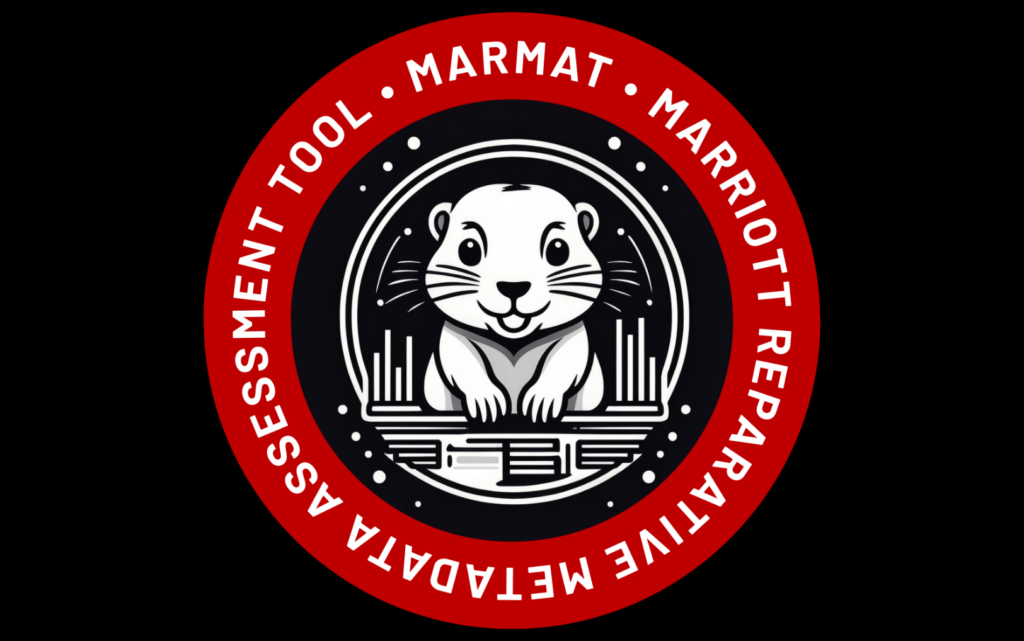
MaRMAT: The Marriott Reparative Metadata Assessment Tool
University of Utah (2024–present)
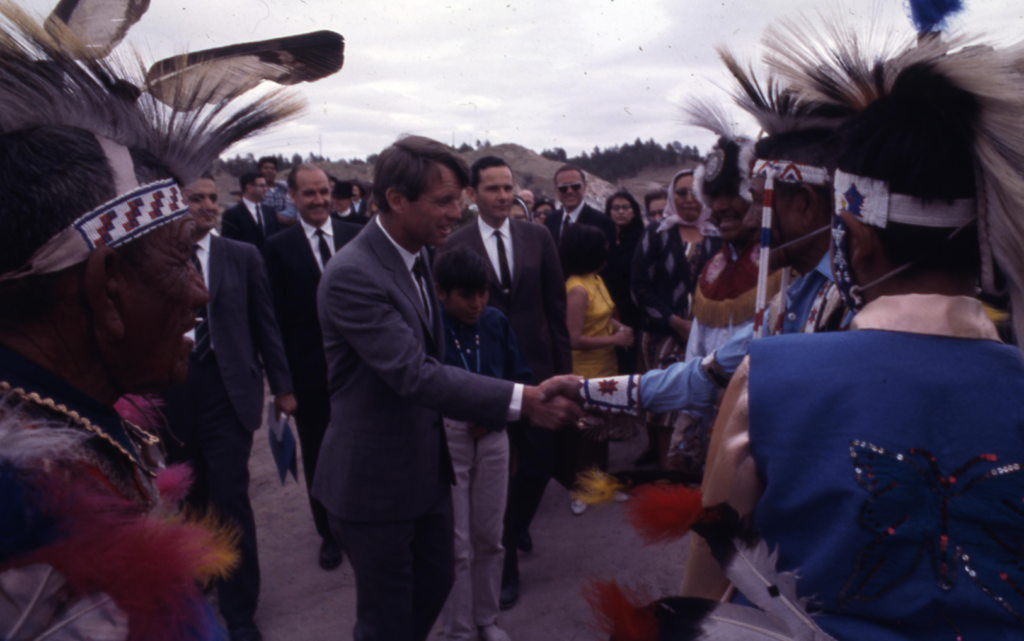
The Invisible Default: Examining Representation in Digital Collections
J. Willard Marriott Library, University of Utah (2023–present)
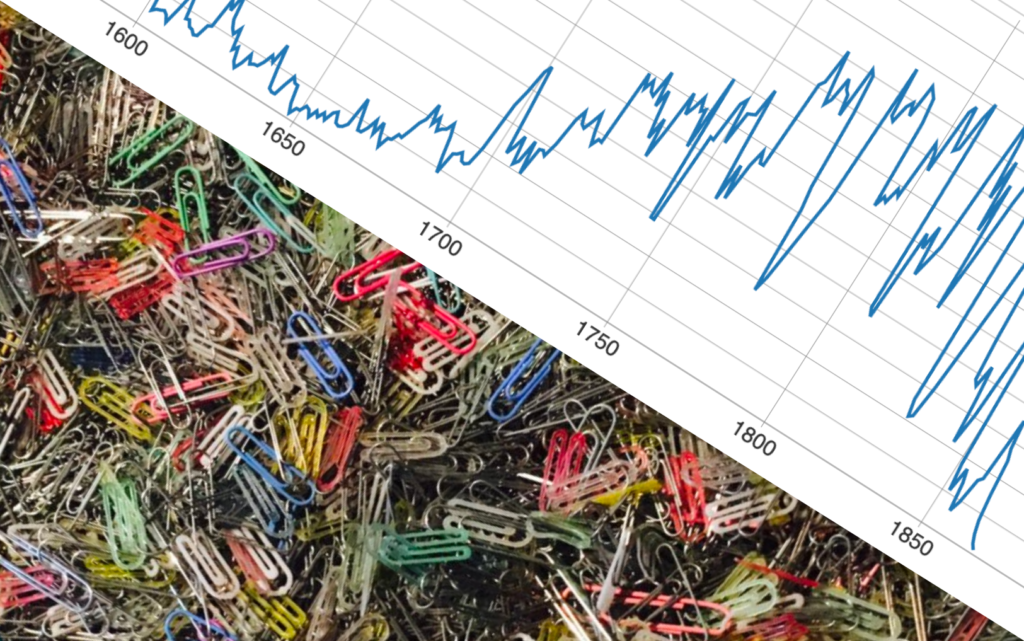
Data Monuments: Data Visualization and Cultural Memory
University of Utah (2022–present)
In the News
Artificial Intelligence Examined at Digital Humanities Utah Symposium
February 28, 2023
“On February 23 and 24 the Digital Humanities Utah Symposium was held at the Marriott Library, attracting more than 100 scholars from universities across the Intermountain West and beyond. They came to share their research, network and learn about emerging digital humanities tools and practices.” Read the full article here.
Art History Alumna Named 2022 ACLS Emerging Voices Fellow
May 26, 2022
“Kaylee P. Alexander, a Duke Ph.D. graduate in art, art history and visual studies, has been named an Emerging Voices Fellow by the American Council of Learned Societies.” Read the full article here.
Alexander Digs into French Cemetery Data to Explore Life, Death, and Ephemeral Rest
March 16, 2021 | Hailey Stiehl
“For art historians, cemeteries serve as one of the most important ways to not only study the art of a period, but also learn more about the culture, the people, and the customs of a time. The grander and larger tombs of famous individuals, however, often command the most attention from scholars. With the most eye-catching monuments hoarding the scholarly spotlight, Kaylee Alexander took a different approach and set her sights on the invisible.” Read the full article here.